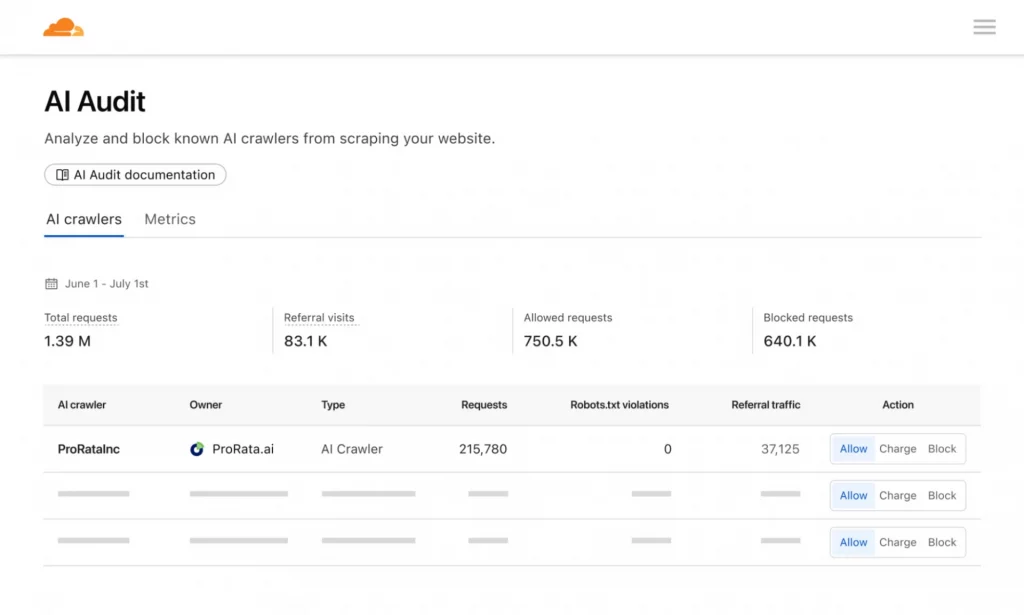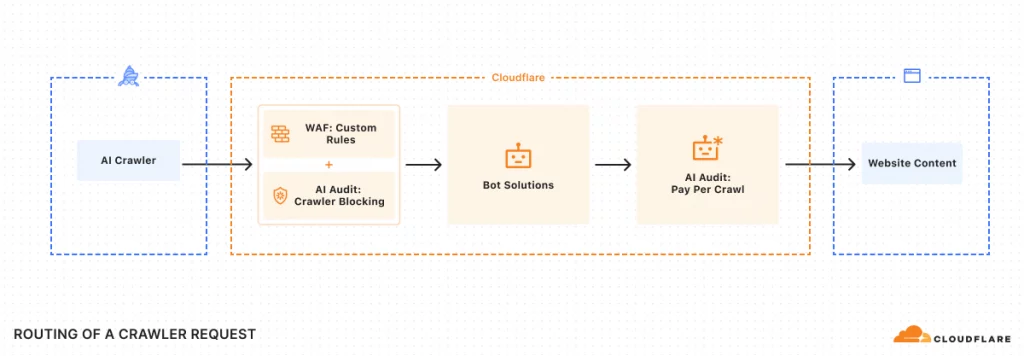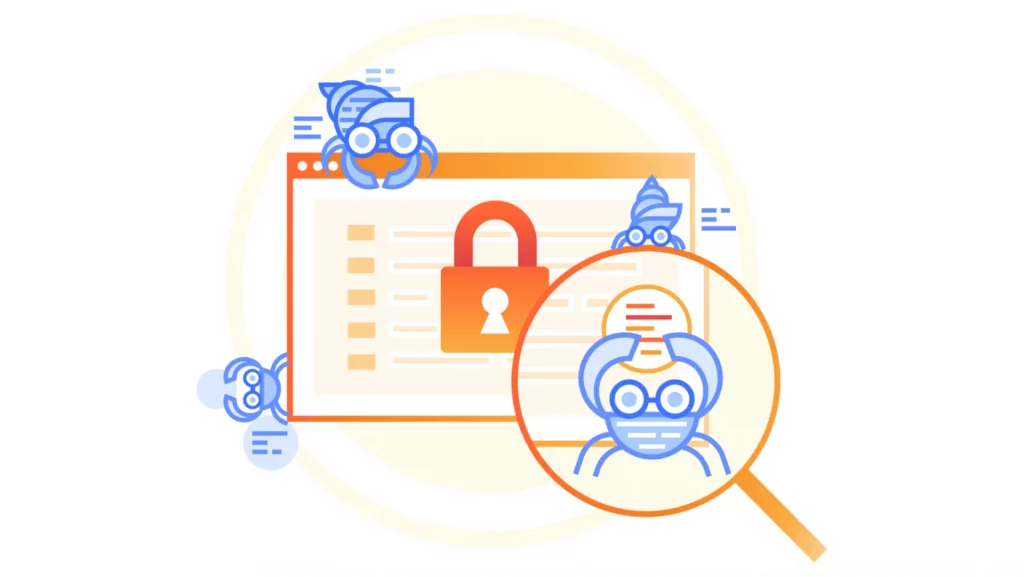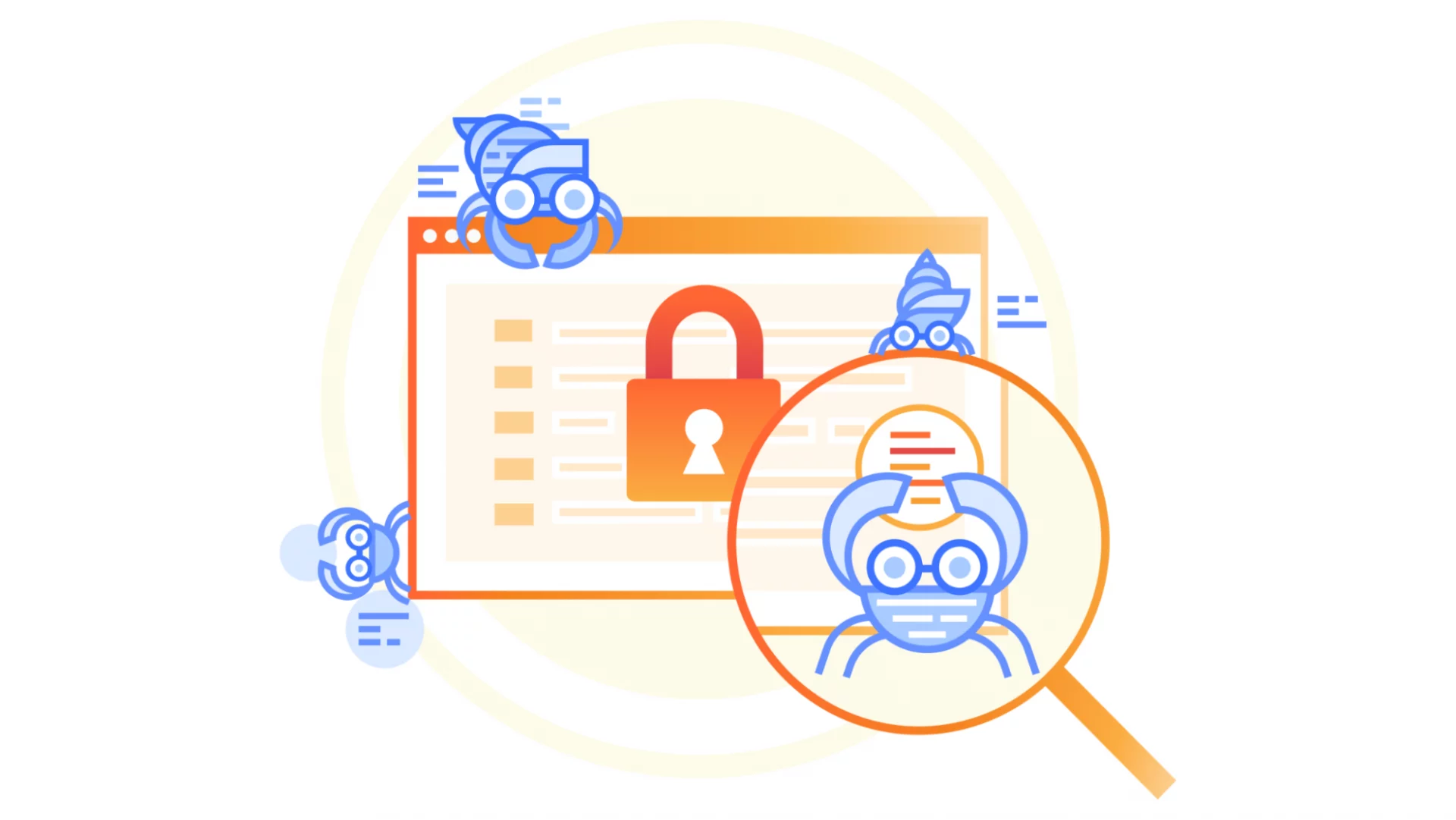Cloudflare is introducing a novel solution to a growing problem in the AI era: how publishers and content creators can regain control over who accesses their content and under what terms. With the launch of “Pay per Crawl,” currently in private beta, Cloudflare is reviving the long-dormant HTTP 402 Payment Required response code to enable a system where AI crawlers must either pay to access content or be turned away.
 Traditionally, content owners have faced a binary choice: either allow unrestricted crawling by AI bots or block them altogether. But now, Cloudflare proposes a third path that lets publishers monetize their content directly at the protocol level. The idea emerged after extensive conversations with news organizations, social media platforms, and publishers, all of whom expressed interest in being compensated when AI tools access their material.
Traditionally, content owners have faced a binary choice: either allow unrestricted crawling by AI bots or block them altogether. But now, Cloudflare proposes a third path that lets publishers monetize their content directly at the protocol level. The idea emerged after extensive conversations with news organizations, social media platforms, and publishers, all of whom expressed interest in being compensated when AI tools access their material.
“Pay per Crawl” integrates with existing web infrastructure by using HTTP headers and cryptographic authentication to verify crawler identities and process payments. If a crawler does not present valid payment credentials, it receives a 402 response and pricing details. If the crawler agrees to the terms, it resends the request with payment intent, triggering content delivery.
 Publishers can define a flat, per-request price and choose to allow, charge, or block specific crawlers. Even if a crawler isn’t yet onboarded with Cloudflare’s system, publishers can return a ‘charge’ response to signal interest in a future relationship. Granular controls allow publishers to whitelist some crawlers or structure direct partnerships outside the system.
Publishers can define a flat, per-request price and choose to allow, charge, or block specific crawlers. Even if a crawler isn’t yet onboarded with Cloudflare’s system, publishers can return a ‘charge’ response to signal interest in a future relationship. Granular controls allow publishers to whitelist some crawlers or structure direct partnerships outside the system.
Authentication runs on a secure protocol called Web Bot Auth, where crawlers must register with Cloudflare and use HTTP Message Signatures tied to a cryptographic key. This ensures payment headers can’t be spoofed and that only authorized bots access protected resources.
From a financial standpoint, Cloudflare acts as the merchant of record, handling billing, aggregation, and payouts. A crawler that completes a paid request logs an event and sees the associated charge in response headers.
 Although it’s early days, Cloudflare hints at broader implications. As intelligent agents become more prevalent, the system could evolve into dynamic agentic paywalls that negotiate content access automatically based on a user’s budget and need, potentially transforming how digital assets are consumed online.
Although it’s early days, Cloudflare hints at broader implications. As intelligent agents become more prevalent, the system could evolve into dynamic agentic paywalls that negotiate content access automatically based on a user’s budget and need, potentially transforming how digital assets are consumed online.
This move comes amid increasing tension between publishers and AI companies over how training data is sourced. By creating a scalable, rules-based economic layer for content access, Cloudflare aims to shift the balance of power back to creators and encourage more sustainable content production ecosystems.





